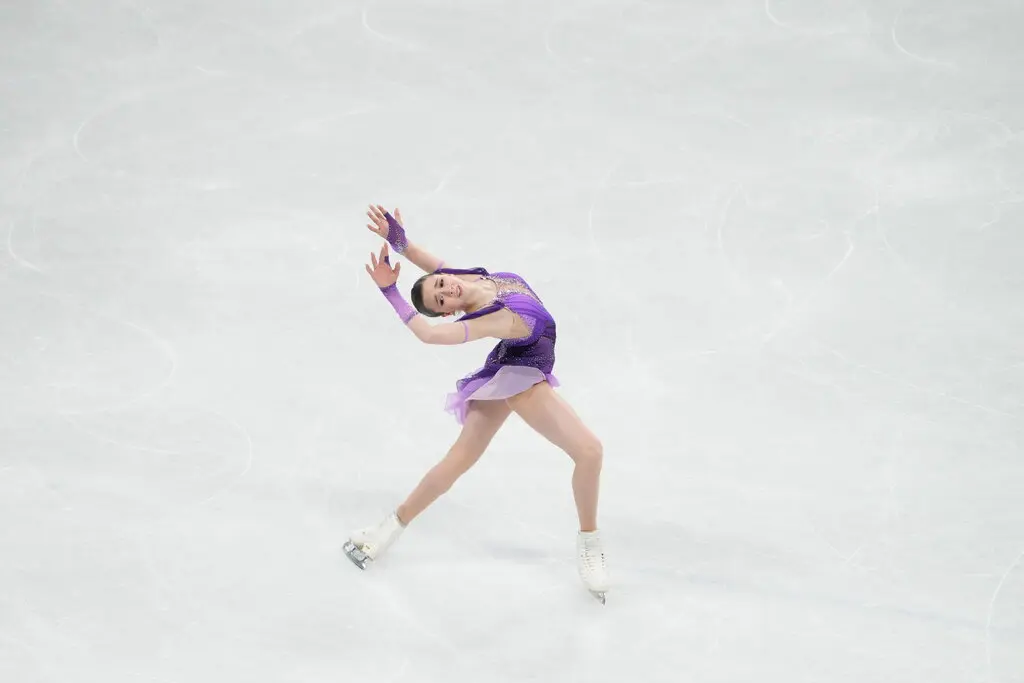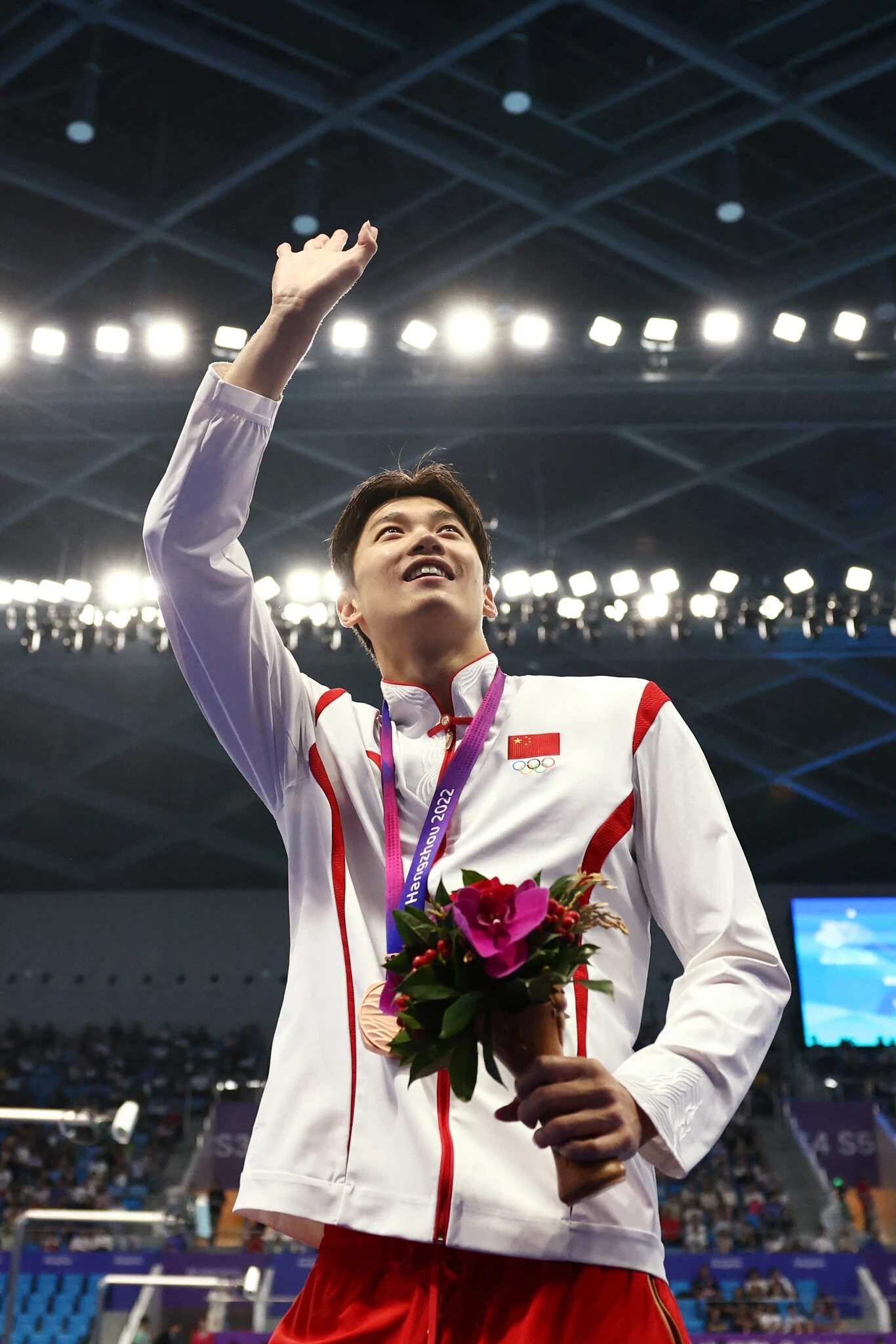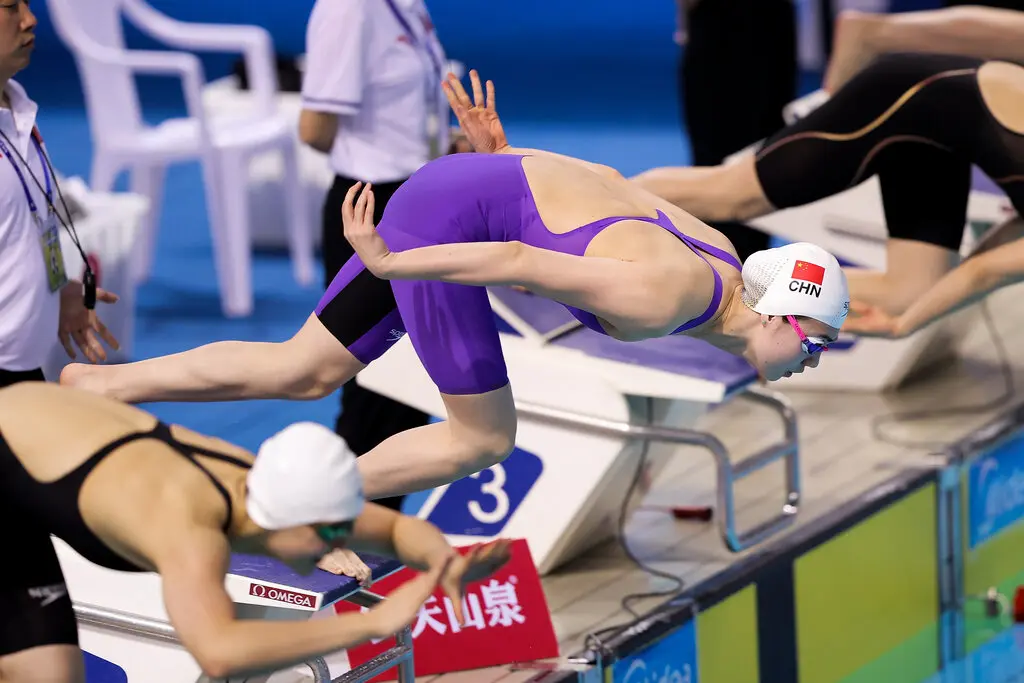In a shocking revelation, it has come to light that twenty-three top Chinese swimmers tested positive for a banned substance months before the Tokyo Olympic Games in 2021.
Despite these alarming results, the athletes were allowed to continue competing, raising concerns over a potential cover-up and the lack of intervention by global antidoping authorities.
The positive tests, involving a potent banned substance, were concealed from public scrutiny by Chinese officials who clandestinely cleared the swimmers of doping allegations.
What’s more concerning is that several of these athletes, including Zhang Yufei, went on to win medals at the Tokyo Games, casting doubts on the integrity of the competition.
Controversy and Cover-Up: The Unraveling of Doping Scandals in Chinese Swimming

While China attributed the positive tests to unwitting ingestion of the banned substance in negligible amounts, critics argue that such leniency sets a dangerous precedent.
American officials and experts in the antidoping community contend that the swimmers should have faced suspension or public identification pending further investigation.
Despite compelling evidence suggesting a cover-up and doping by Chinese swimmers, global antidoping regulators, including the World Anti-Doping Agency (WADA), chose not to take decisive action.
Even after receiving intelligence from multiple sources, WADA defended its decision, citing a lack of concrete evidence to challenge China’s narrative.

The handling of the case has sparked outrage and prompted inquiries by federal investigators, including the FBI. Questions loom over the efficacy of the global antidoping system and the ability of national bodies to police their athletes effectively.
The Chinese antidoping agency attributed the positive tests to contaminated food, a claim that experts find dubious.
While the investigation pointed to trace amounts of the banned substance in the athletes’ environment, it failed to provide conclusive evidence of how it got there.

WADA’s response to the incident has raised concerns about its commitment to upholding fair play in sports. Critics argue that the agency’s reluctance to investigate thoroughly undermines the credibility of the antidoping framework.
As the controversy unfolds, it underscores the need for transparency, accountability, and independent oversight in the fight against doping in sports.
The integrity of athletic competitions and the trust of athletes and fans alike hang in the balance.







Leave a Reply